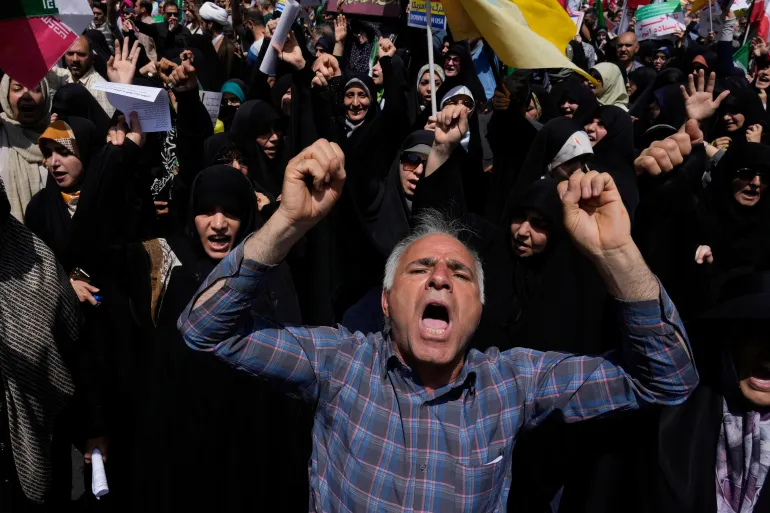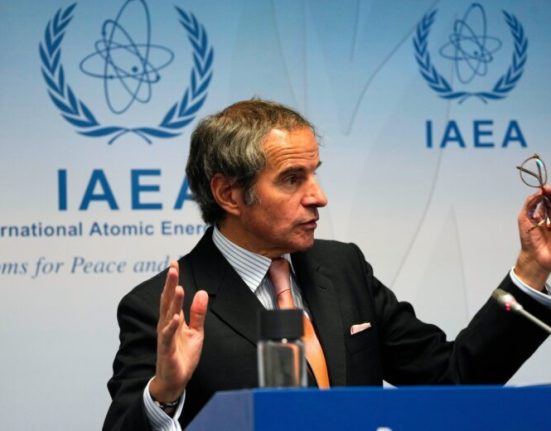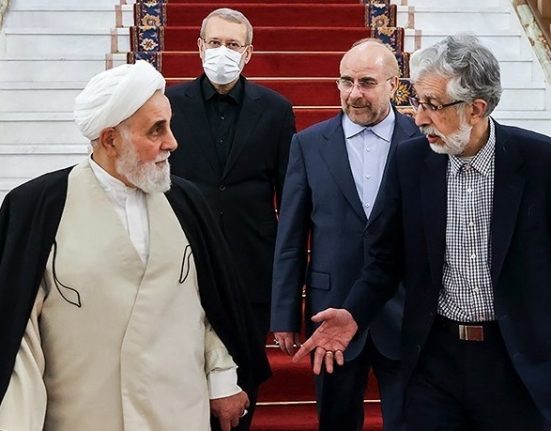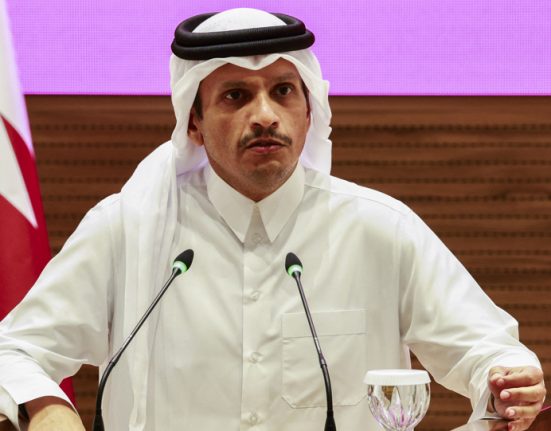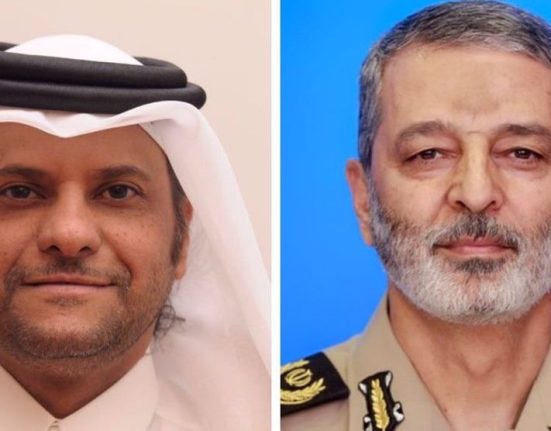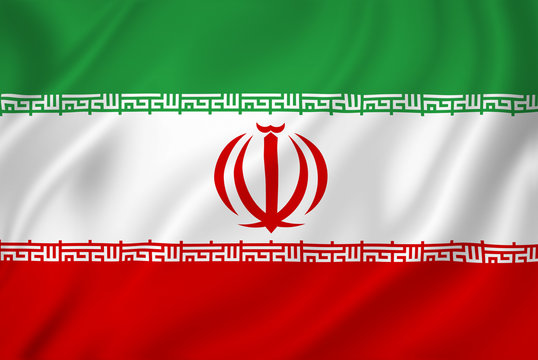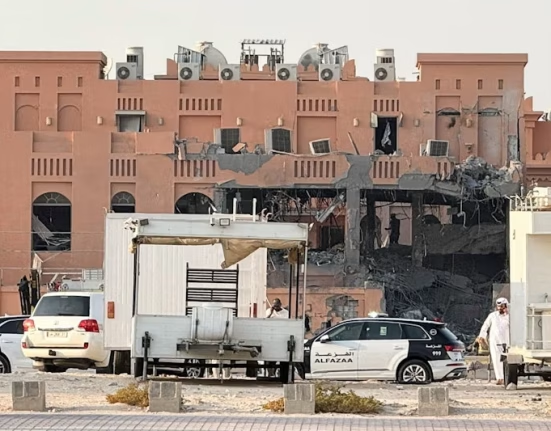Moscow, June 23, 2025 – Russia has condemned the United States for its recent airstrikes on Iran’s nuclear facilities, warning that the action has “opened Pandora’s box” and could ignite widespread instability across the Middle East and beyond.
The condemnation follows Saturday’s U.S. military operation, codenamed Operation Midnight Hammer, which targeted Iran’s nuclear sites at Fordo, Natanz, and Isfahan. The coordinated strikes involved B-2 stealth bombers and Tomahawk cruise missiles, reportedly aimed at halting Tehran’s nuclear advancement.
Reacting to the operation, Russian President Vladimir Putin described the strike as “an act of unprovoked aggression” and pledged continued support for Iran during a high-level meeting in Moscow with Iranian Foreign Minister Abbas Araghchi. The Russian leader stated that Washington’s actions were not only destabilizing but also in direct violation of international law.
Russia’s Deputy Security Council Chair Dmitry Medvedev was even more pointed in his criticism, accusing the United States of initiating a new war. “This reckless aggression won’t weaken Iran; instead, it will further entrench hardliners in power and push the region closer to the brink,” Medvedev warned. He also alluded to the possibility that countries sympathetic to Tehran may now consider providing nuclear support, raising fears of proliferation.
The Russian Foreign Ministry, through spokesperson Maria Zakharova, echoed similar sentiments, stating that the airstrikes marked a dangerous escalation that could unravel global efforts to prevent nuclear conflict. “This is a violation of the UN Charter and the Nuclear Non-Proliferation Treaty. It is illegal, provocative, and deeply irresponsible,” she said during a press briefing in Moscow.
While Russia has historically maintained close ties with Iran, particularly in the areas of nuclear energy and military cooperation, this latest episode underscores the geopolitical divisions that have resurfaced following the U.S. strike. Moscow has also offered to mediate talks to de-escalate the crisis, though it has not ruled out expanding its own support for Tehran should the situation deteriorate further.
The Russian government’s comments were sharply criticized by some Western analysts and former U.S. officials, who pointed out that Russia itself frequently uses its nuclear arsenal as a tool of intimidation. Responding to Moscow’s position, former U.S. National Security Adviser David Hussain (speaking to international media) said, “Russia, which regularly threatens the world with its nuclear weapons, now blames the U.S. for targeting an undeclared Iranian weapons facility. That’s not just ironic, it’s hypocritical.”
Meanwhile, the international community has expressed growing alarm. China, the European Union, and the United Nations have all called for restraint, urging both Washington and Tehran to return to the negotiating table to avoid a broader conflict.
Tensions remain high as Iran weighs its response. Officials in Tehran have vowed to retaliate “at a time and place of their choosing,” while the Islamic Revolutionary Guard Corps (IRGC) has reportedly been placed on high alert. Civil unrest has also been reported in several Iranian cities, with demonstrators expressing a mix of anger toward both foreign interference and domestic leadership.
As diplomatic efforts intensify behind the scenes, analysts warn that the coming days will be critical in determining whether the crisis moves toward resolution, or escalates into a broader confrontation with global implications. For now, Russia’s stern warning and Iran’s vow to respond underscore just how fragile the balance of peace remains in the region.

